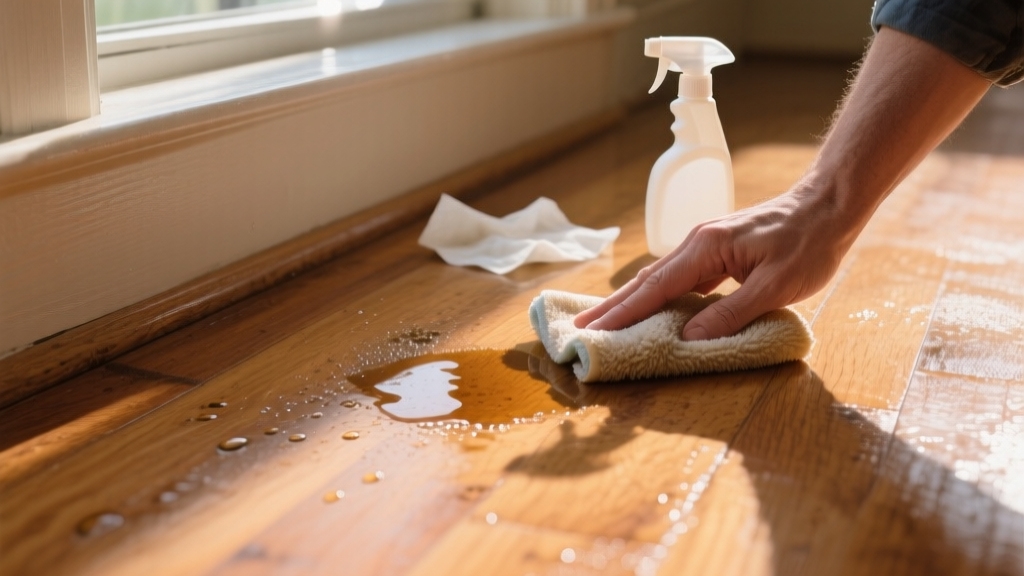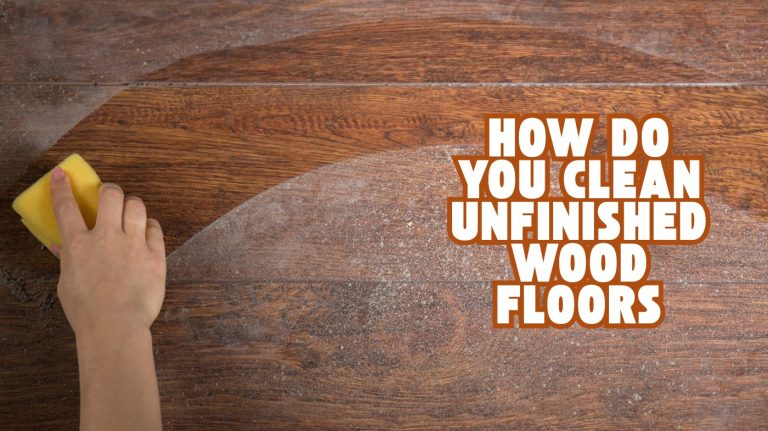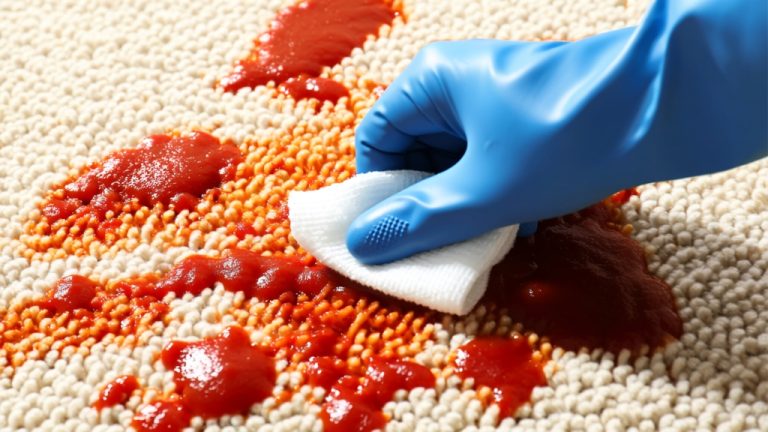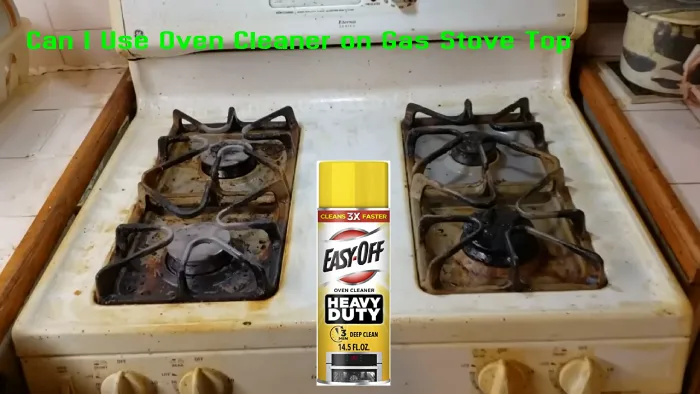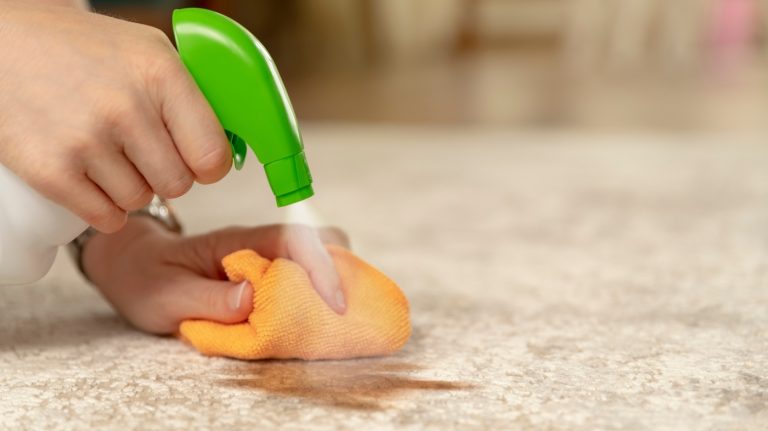How to Remove Cat Urine From Hardwood Floors? Quick Fixes
When you find cat urine on hardwood floors, act fast by blotting it with absorbent cloths, don’t rub. Use a pH-neutral, hardwood-safe cleaner to gently clean the area, followed by an enzymatic treatment to break down odors and prevent re-marking. Avoid harsh chemicals like ammonia or bleach that can damage wood.
After cleaning, sprinkle baking soda to absorb lingering smells. Proper technique and product choice protect your floors. Keep going for essential prevention and safety tips.
Key Takeaways
- Blot fresh cat urine immediately with paper towels, avoiding rubbing to prevent spreading and wood damage.
- Clean with a pH-neutral, hardwood-safe cleaner like Bona or Murphy Oil Soap to protect floor finish.
- Apply an enzymatic cleaner to break down uric acid and neutralize odors; let it sit for several hours.
- After cleaning, sprinkle baking soda overnight, then vacuum to absorb lingering smells.
- Use silicone mats or vinyl in high-risk areas and clean accidents promptly to prevent future damage.
Immediate Steps to Take When You Discover Cat Urine
What should you do the moment you spot cat urine on your hardwood floor? First, put on gloves and quickly blot the urine with paper towels or an absorbent cloth—don’t rub, as this pushes urine deeper into the wood.
Use a sponge to soak up excess liquid if available, then promptly dispose of used materials to prevent odor and contamination. It is important to use minimal water during cleaning to protect the wood’s quality and prevent damage.
Additionally, working in a well-ventilated workspace helps reduce lingering odors and improves drying.
Blot thoroughly to stop urine from seeping between floorboards, which risks subfloor damage. Next, apply a mild vinegar and warm water solution (1:2 ratio) by spraying lightly and letting it sit for 15 minutes; avoid over-saturating to prevent wood warping. Afterward, wipe dry with paper towels and maintain good ventilation to reduce odor.
Best Cleaning Agents for Hardwood Floors
Although removing cat urine quickly is essential, choosing the right cleaning agent is equally important to protect your hardwood floors. You need cleaners that are safe, effective, and won’t damage the wood finish.
Consider these top options:
- Bona Hardwood Floor Cleaner. EPA Safer Choice certified, pH-balanced, and free from harsh chemicals, it prevents residue buildup and dries fast to avoid warping. It also effectively removes scuff marks and sticky soils without extra buffing, making it ideal for quick cleanups.
- Murphy Oil Soap. Made with 98% natural ingredients, it cleans gently while maintaining wood’s natural luster and is ideal for eco-conscious homes. Regular maintenance and prompt cleaning can prevent corrosion and damage caused by moisture and contaminants.
- pH-neutral, water-based cleaners. These prevent damage by balancing acidity, drying quickly, and allowing damp mopping without pooling water.
Avoid acidic or ammonia-based products, which can dull or damage your floors over time. Choose agents formulated specifically for hardwood to maintain durability and appearance.
How to Properly Clean and Neutralize Cat Urine Odors?
Choosing the right cleaner sets the foundation, but effectively removing cat urine odors requires targeted treatments that break down the source of the smell.
Start by blotting the urine, then apply an enzymatic cleaner like Nature’s Miracle, which breaks down uric acid, the root cause of odors. These enzymatic cleaners use natural organisms to digest bacteria, eliminating stains and odors effectively.
Let it sit 5–24 hours, depending on stain severity, then blot dry. It is also important to clean spills immediately using pH-neutral cleaners to protect the floor’s finish.
For additional odor neutralization, use a 1:1 white vinegar and water solution to chemically counteract alkaline salts.
After drying, sprinkle baking soda to absorb lingering smells, leave it overnight, and vacuum thoroughly.
Avoid ammonia-based or harsh chemical cleaners as they can worsen odors or cause repeat marking.
Repeat treatments and thorough drying ensure complete odor neutralization, restoring your hardwood floors effectively.
Preventing Future Cat Urine Damage on Hardwood Floors
To prevent future cat urine damage on hardwood floors, you’ll need to combine practical protective measures with behavior management. Start by setting physical barriers: place silicone mats with raised edges under litter boxes and consider peel-and-stick vinyl in high-risk zones.
Remember that cat urine can ruin hardwood floors if not cleaned promptly. Increasing ventilation and airflow in the area can also help reduce lingering odors after accidents.
Prevent cat urine damage by using silicone mats under litter boxes and vinyl in vulnerable areas.
Next, encourage proper litter box use by providing multiple clean, odor-free boxes and experimenting with different types to suit your cat’s preferences.
Finally, maintain prompt cleaning routines—treat accidents immediately with enzyme-based cleaners and avoid ammonia products that attract re-marking.
- Use protective mats and vinyl flooring to shield hardwood.
- Ensure litter boxes are accessible, clean, and appealing.
- Clean urine spots quickly using enzyme cleaners to neutralize odors.
This approach minimizes damage and discourages future accidents effectively.
Safety Tips When Using Cleaning Products on Wood Floors
When cleaning hardwood floors, you must prioritize safety by selecting non-toxic, eco-friendly products designed specifically for wood surfaces.
Use pH-balanced cleaners made for hardwood to protect finishes. Always follow manufacturer instructions for dilution and application. Avoid harsh chemicals like ammonia and bleach that damage wood and pose health risks.
Wear gloves when handling concentrated cleaners and ensure proper ventilation. This cleaner contains a blue dye to help easily differentiate it from other cleaning products, ensuring safe and correct use.
Additionally, working in a well-ventilated area helps facilitate quick drying and prevents mold growth.
Frequently Asked Questions
Can Cat Urine Cause Permanent Damage to Hardwood Floors?
Yes, cat urine can cause permanent damage to hardwood floors. If you don’t clean it promptly, the urine seeps deep into the wood fibers, chemically altering and weakening the material.
Over time, corrosive compounds break down the finish and wood itself. You might face persistent stains, odors, and structural damage that require sanding, refinishing, or even replacing boards.
Acting quickly is essential to prevent costly, irreversible harm.
How Long Does It Take for Cat Urine Odors to Fully Dissipate?
If you’re hoping cat urine odors will vanish overnight, you’re in for a surprise—they often linger for weeks, not hours. The time it takes depends on how much urine soaked in, wood type, and how quickly you clean.
Minor spills might clear in days, but serious stains can stick around for months without proper enzyme treatments or professional refinishing.
Act fast, or you’ll be sniffing that smell much longer than you want.
Are All Hardwood Floors Equally Vulnerable to Cat Urine Stains?
No, not all hardwood floors are equally vulnerable to cat urine stains. You’ll find tighter-grain woods like oak and maple resist urine absorption better than softer or open-grain species.
The finish type also matters. Polyurethane offers stronger protection than natural oils. Plus, deteriorated finishes increase vulnerability.
Can Professional Floor Refinishing Remove Deep Cat Urine Stains?
Like peeling away layers of an onion, professional floor refinishing sands down the top wood layer where deep cat urine stains hide, effectively removing discoloration. You’ll benefit from enzymatic cleaners that neutralize odors before staining and sealing restore your floor’s natural look.
However, if urine caused structural damage, refinishing mightn’t fully fix it. Trust experts to blend colors and protect your floors with a durable polyurethane finish.
How Can I Train My Cat to Avoid Urinating on Hardwood Floors?
You can train your cat to avoid urinating on hardwood floors by ensuring you provide plenty of clean, accessible litter boxes in quiet, preferred locations.
Use positive reinforcement near litter boxes and clean any accidents promptly with enzymatic cleaners to remove odors.
Address any stress or social tension in your home, as these often trigger inappropriate urination.
Consistently redirect your cat to the litter box and consider behavior modification techniques to reinforce proper habits.
Take Action Now to Save Your Hardwood Floors
Act fast when you spot cat urine on your hardwood floors. Nipping the problem in the bud saves you time and prevents damage. Use the right cleaners to neutralize odors without harming your wood’s finish.
Regular maintenance and preventive measures keep your floors looking their best and discourage repeat offenses. Remember, a stitch in time saves nine. Tackling issues early means less hassle down the road. Stay vigilant and protect your investment with care and precision.

